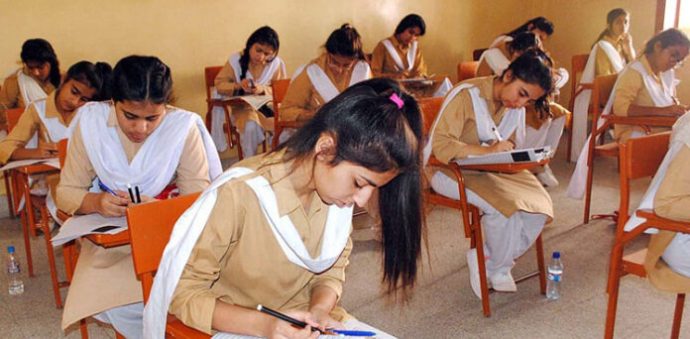
Punjab Begins Exam Process Reformation
A seven-member Chief Minister’s Task Force on Examinations has been formed by the Punjab government to examine and restructure the Punjab Examination Commission’s (PEC) and the Boards of Intermediate and Secondary Education’s (BISEs) present evaluation procedures. In order to satisfy contemporary educational requirements, the task force assesses their efficacy and dependability.
The task team would be chaired by educationist Muzamil Mehmood, per a notification made public by Dawn. The managing director of the Punjab Curriculum & Textbook Board, the chief executive officer of the PEC, the secretary of BISE Lahore, the special secretary of the Department of School Education, the special secretary of the Department of Higher Education, and any other members co-opted by the Chairperson comprise the other members.
The task force’s mandate calls for a thorough evaluation of the PEC and BISEs’ current assessment and examination procedures, with an emphasis on finding the system’s shortcomings and strong points. Additionally, a comparison of the existing system with other parallel systems—like the Cambridge System, the Agha Khan Board, and other provinces—will be made.
The task force will suggest a thorough framework and measures to enhance the examination system in addition to the review. This entails describing the possible advantages of the suggested modifications and offering a plan of action for incorporating the new evaluation techniques and examination system into the Punjab Boards Committee of Chairmen.
Speaking anonymously, a task force member disclosed that the previous administration had similarly developed a policy and tried to change the assessment method. The present administration is working to amend this policy, nevertheless. The source stressed that rather than totally changing the old strategy, it is important to assess its efficacy and fix any flaws that may still exist.
The source voiced concern about the lack of continuity in long-term policies, pointing out that repeated and frequently pointless exercises result from each new government’s tendency to change the evaluation policy. Rather than sticking with the matriculation and FSc systems, they recommended that the government look into implementing O and A levels in the province to bring the examination system into line with worldwide norms. According to the source, Pakistan’s matriculation and FSc systems are not accepted by foreign universities because of an antiquated curriculum that does not adapt to the needs of the modern, digitalized world.

Content writer, educationist, teacher, researcher, social media manager, and a SEO manager from lahore. She has been working as a freelance academic and non-academic writer for more than 20 years now. She has a passion to learn new things and has a knack for writing and she combines both things to produce write ups she pours her heart out in.

